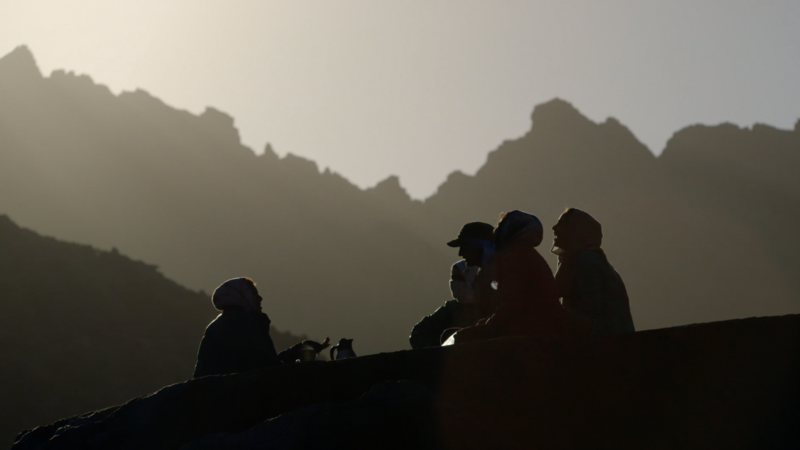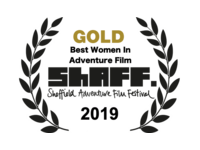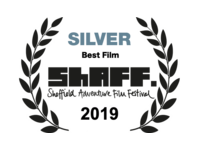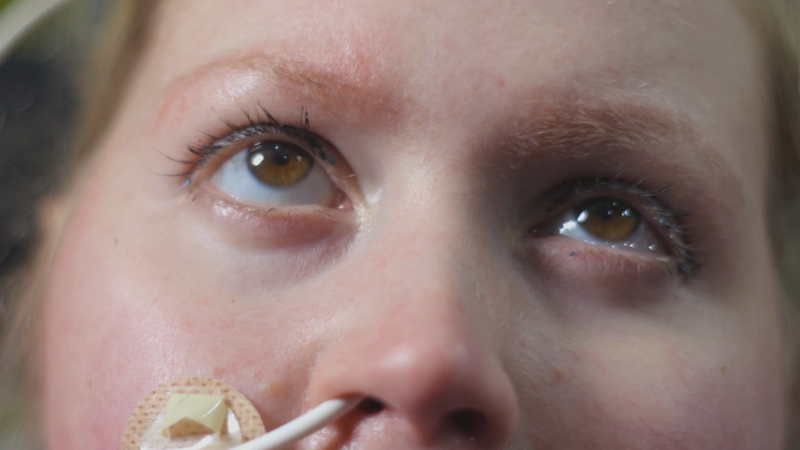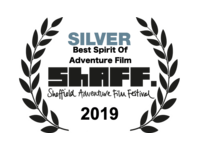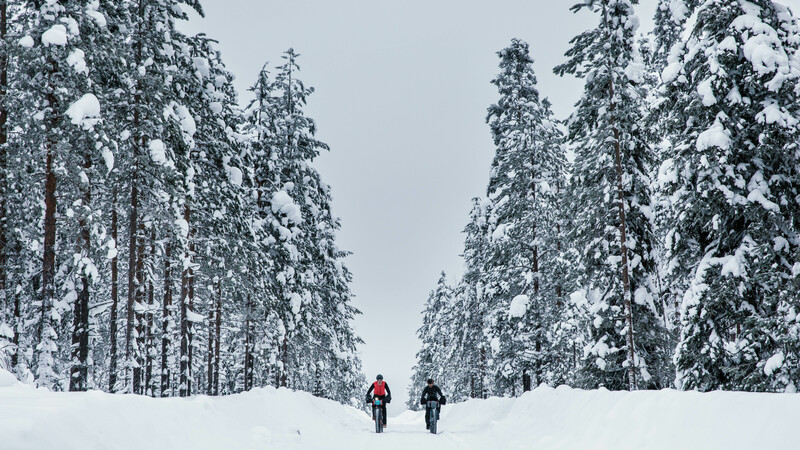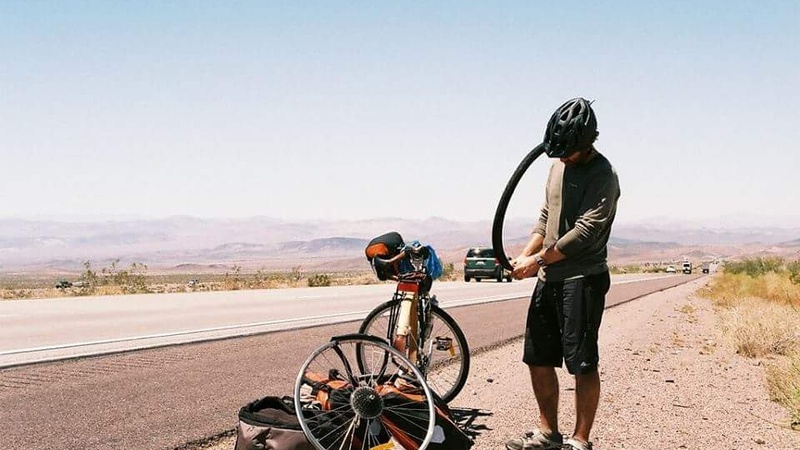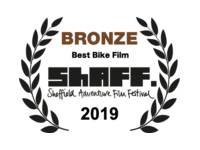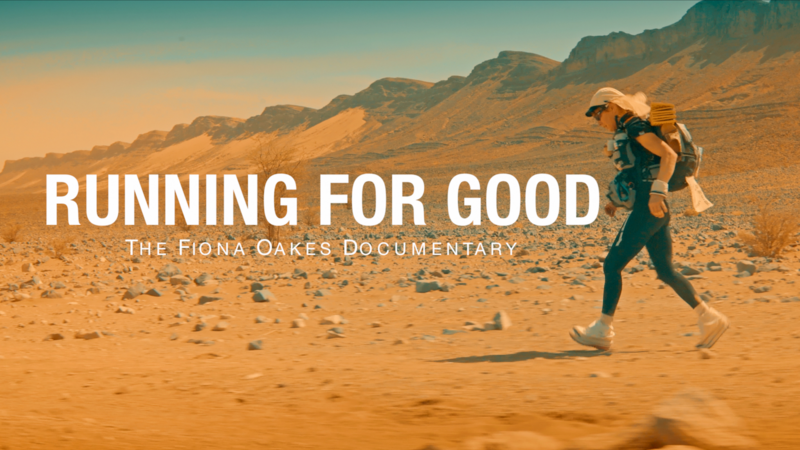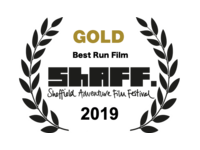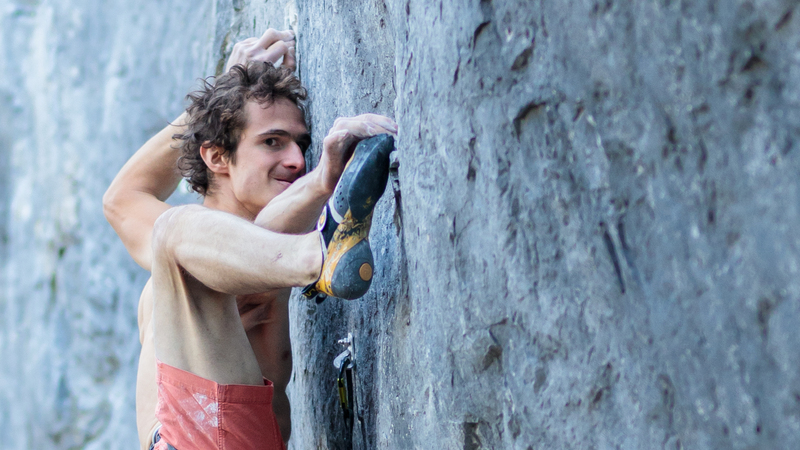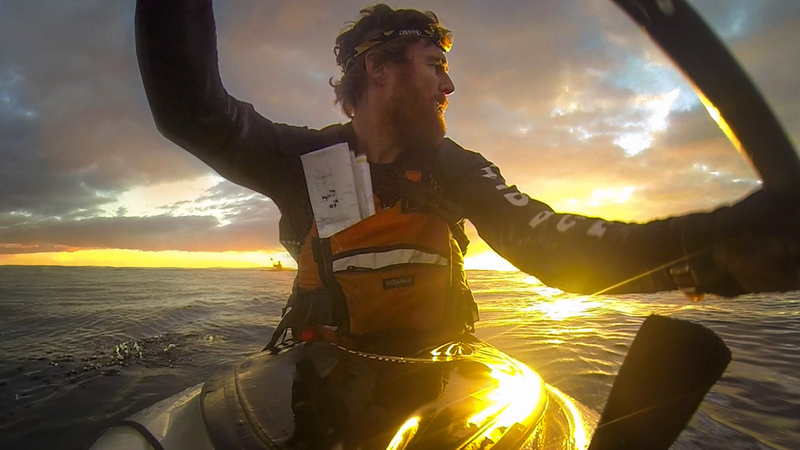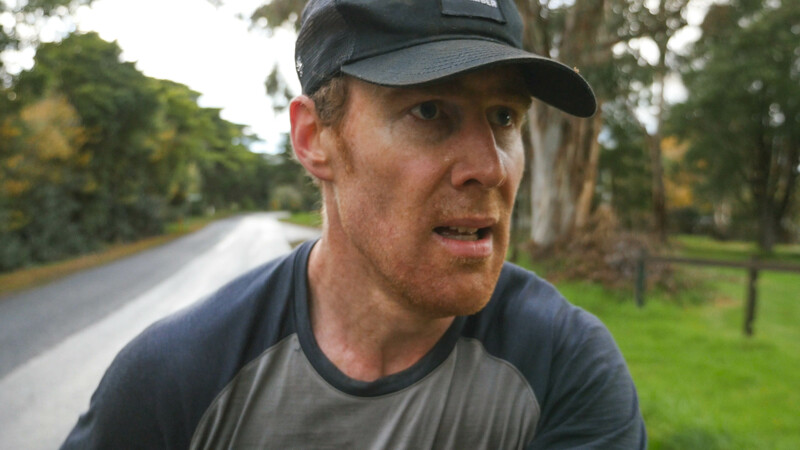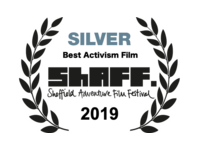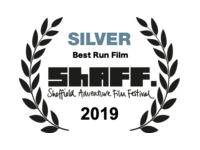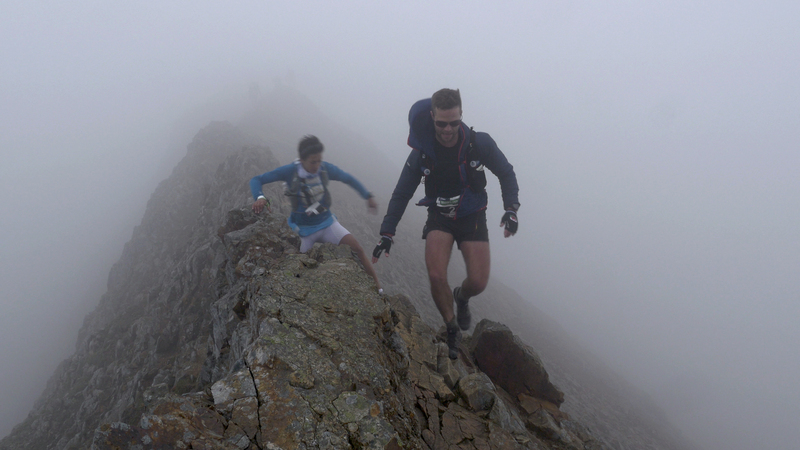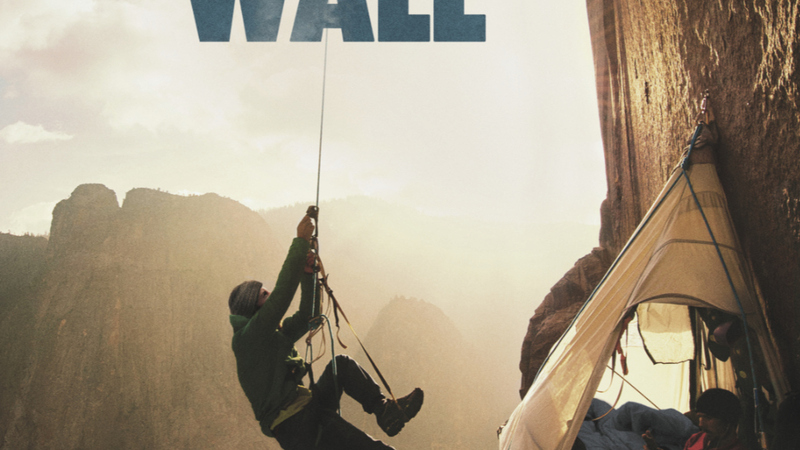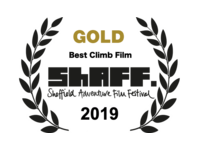
People's Choice '19
Voting on the People's Choice 2019 at ShAFF is brought to you by The Street Food Chef
Here are the results from 10th to 1st, as voted by the audience at ShAFF 2019.
A joint venture between Vice and HBO, we learn about the everyday challenges of being a woman in Afghanistan, and some dark chapters in the history of women's rights there. The bulk of the film follows a group of young women as they progress through a programme of training and then an attempt on a high peak in Afghanistan, accompanied by local climbers and a US based guide, Danika Gilbert. It is a challenging and sometimes emotional journey for everyone, as they battle injury, tiredness and personal demons. But the girls' energy is contagious, and inspiring. Each participant wants to summit Mount Noshaq. The more important question is whether the experience can help them live their lives as fully and bravely as possible.
Shot here in Sheffield, Reach is a film that takes us from the wards of the Children's Hospital, right out into the heart of the Peak District. Filmed over four-years, It tells the story of a local climber called Clare who suffered a life altering stroke at thirteen which left her unable to move anything but her left eye.
In 2011 Steve Bate was diagnosed with Retinitis Pigmentosa, a severe form of tunnel vision that is slowly robbing him of his sight. At the age of 34, Steve was forced to give up his dream of becoming a mountain guide, lost his driving licence and was registered disabled through visual impairment. Focus documents Steve’s life since his diagnosis, exploring how the knowledge that his sight could disappear entirely at any moment has affected his outlook on life. The burden of blindness has manifested into an almost obsessive drive to achieve his ambitious dreams, from attempting to solo El Capitan to cycling in the 2016 Paralympic Games. The film follows Steve as he participates in the Rovaniemi 150, a gruelling self-supported fat bike race through the Arctic tundra of Finnish Lapland, where temperatures can drop below -35°C and 80% of participants don't make it to the finish line. With the long hours of darkness testing his limited eyesight even further the race gives Steve one of his greatest challenges to date.
The Bikes of Wrath tells the story of five Australian friends as they attempt to cycle 2600 kilometers from Sallisaw, Oklahoma, to Bakersfield, California in honor of the mighty westward migration undertaken by ‘The Grapes of Wrath’s’ Joad family. With an inordinate amount of self-belief, the cyclists set-off on their 30-day adventure with no training, no support vehicle, and as one member puts it best, ‘no real idea’. Burdened with trailers, musical instruments, and camera equipment, the group set themselves the additional challenge of surviving on $420 (the modern-day equivalent of the Joads’ $18 in the 1930s) and whatever their musical performances can yield. Riding 90 kilometers a day, the journey along America’s iconic route 66 takes them from the farmlands of Oklahoma to the blistering Mojave desert and countless places in-between; the diversity of landscapes only matched by the assortment of characters met along the way. It is through these chance encounters with everyday Americans that the cyclists expand on the novel’s central themes: migration, inequality and the perceived land of opportunity. The group explores whether America has progressed since the book was written, discussing the wealth gap, immigration, and the American Dream. These vastly different small-town characters quickly become the central focus of the series, as well as integral to the groups’ success; letting the cyclists into their homes, lives, and demonstrating the startling parallels of ‘The Grapes of Wrath’ seventy-eight years after its publication. The Bikes of Wrath seven-part series uncovers a deep insight into the human spirit and shines a positive light on America at a time when the world needs it most; all rolled into a unique, funny and life-affirming observational documentary series filled with adventure, literature, music, and human connection.
From Executive Producer James Cromwell and award-winning director Keegan Kuhn (Cowspiracy, What The Health) comes RUNNING FOR GOOD, the feature-length sports documentary narrated by Rich Roll (Finding Ultra), following world record marathon runner Fiona Oakes in her attempt not only to set a new global record in endurance racing, but to compete in the “toughest footrace on earth,” the Marathon Des Sables, a 250km race through the Sahara Desert. Fiona Oakes has made a name for herself as a unique endurance runner. She is the fastest woman in the world to run a marathon on all seven continents, and the north pole, in both cumulative and elapsed time. Fiona’s achievements are made even more astounding due to the fact that she was told at age 14 that she would never walk properly, let alone ever run. She would undergo more than 17 radical knee surgeries which ultimately led to having her entire right kneecap removed. The process was agonizing, the rehab worse, the records she’s gone on to set even more astounding. With overcoming her own adversity, Fiona’s true drive to achieve incredible feats of speed and human endurance are motivated by a deep desire to raise awareness for the plight of animals. Her achievements help fund a 450+ animal sanctuary that she takes care of every day.
Every so often an athlete comes along who redefines their sport. Adam Ondra, the 25-year-old Czech crusher, is exploring a new realm of human potential in climbing. Late last year, he established a benchmark for the sport; a 5.15d in Norway he dubbed Silence (as in, drop the mic). On the heels of this ascent, we follow Adam from his home in the Czech Republic, across Europe to North America, as he innovates new training methods, establishes upper echelon first ascents, and attempts to be the first person to send 5.15 on the first try. Age of Ondra is a rare, intimate journey with one of the greatest athletes at the peak of his powers.
Bass by Kayak follows a small expedition party crossing from the Australian mainland to Tasmania in sea kayaks. Around 400 people have made the crossing in the modern era, and Aboriginal Australians did it during the last ice age in canoes. For the seafarer, linking together the perfectly spaced islands feels like a rite of passage. Adventure filmmaker/outdoor education lecturer Beau Miles narrates the expedition as the first ever feature film of the crossing via sea kayaks. There is chafe, a storm, bad cooking and an emerging mate-ship between men that barely knew each other before departure.
Packing on the pounds after writing a PhD, Beau’s running again. He’s also back in the shed; fixing stuff, making things, tinkering. For most of us, running was once a form of survival, hunting- or being hunted. Now, it can be as meaningful, or meaningless, than any other aspect of life. Running for Beau is practical- it gets him places, yet like a lot of runners, it's deeply embodied. He defines himself by where his feet take him, thinking about his other forms of life as he runs. Combining a need to get rid of the gut, to run again, and spend some quality time in the shed, Beau will run a mile an hour around his perfectly mile-long block. In between he’ll do as much as possible, likely becoming the fullest, meaningful, most trivial day of Beau’s life.
The Berghaus Dragons Back Race is the hardest 5 day mountain race in the world! Therefore when I found out that my friend, Huw Jack Brassington (one of the craziest people I know), was planning on running it, I knew that this was going to be a great opportunity for me to make my first Documentary.
Having not achieved a commission in time for the start of the race, I almost had to give up on the project. But instead I came to an agreement with the race organisers that I would work for them filming the race, in exchange I would get access to additional footage. As it turned out I am so glad that I persevered with the project as I got to witness the most determined human being that I've ever met push himself to his very limit, both physically and mentally!
Whilst traversing the spectacular mountains of Wales Huw Jack Brassington had to contend with the surprisingly hot Welsh weather, injury and the ever looming possibility of failure - which is a word that had hardly ever entered his mind before. This amazing journey, mixed in with Huw's unique sense of humour, and his glass half full attitude were the perfect ingredients for an amazing story.
If the audience, whilst watching this documentary, feel a fraction of the inspiration that I felt when shooting it then I will have succeeded in what I set out on achieving.
In January, 2015, American rock climbers Tommy Caldwell and Kevin Jorgeson captivated the world with their effort to climb the Dawn Wall, a seemingly impossible 3,000 foot rock face in Yosemite National Park, California. The pair lived on the sheer vertical cliff for weeks, igniting a frenzy of global media attention. But for Tommy Caldwell, the Dawn Wall was much more than just a climb. It was the culmination of a lifetime defined by overcoming obstacles. At the age of 22, the climbing prodigy was taken hostage by rebels in Kyrgyzstan. Shortly after, he lost his index finger in an accident, but resolved to come back stronger. When his marriage fell apart, he escaped the pain by fixating on the extraordinary goal of free climbing the Dawn Wall. Blurring the line between dedication and obsession, Caldwell and his partner Jorgeson spend six years meticulously plotting and practicing their route. On the final attempt, with the world watching, Caldwell is faced with a moment of truth. Should he abandon his partner to fulfill his ultimate dream, or risk his own success for the sake of their friendship?
